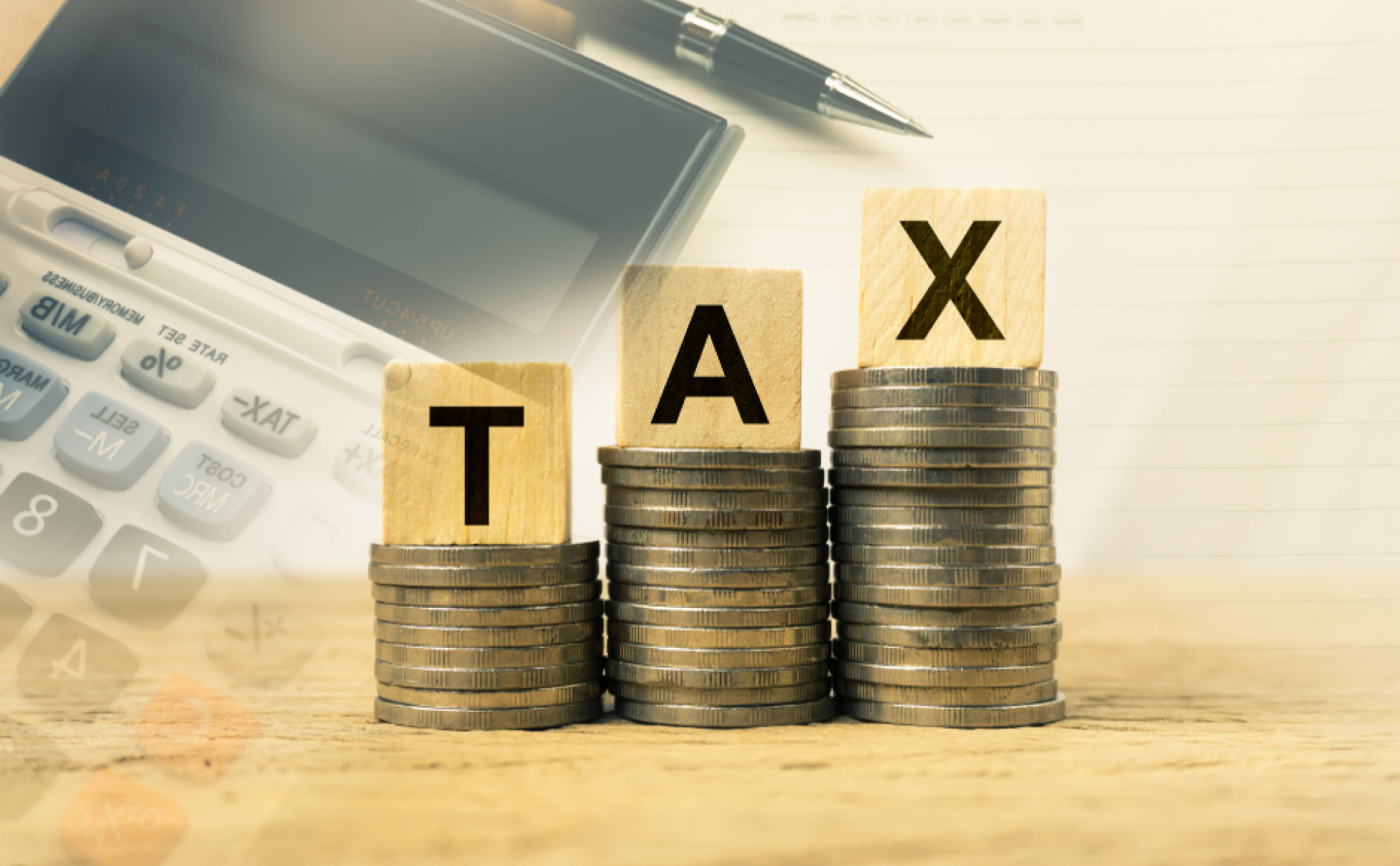PTBP Web Desk
The Federal Board of Revenue (FBR) has proposed a significant increase in the withholding tax on cash withdrawals by non-filers, raising the rate from 0.6 percent to 1.2 percent. This measure, aimed at boosting tax compliance and revenue collection, is part of a broader policy shift that seeks to discourage non-filers from avoiding the tax net in the upcoming fiscal year 2025-26.
According to official sources quoted by Business Recorder, this proposal is part of the government’s larger strategy to penalize individuals who fail to file their income tax returns. By increasing the cost of cash-based financial transactions for non-filers, the government hopes to bring more individuals into the formal tax system.
In addition to raising withholding tax, the government is working on comprehensive financial restrictions for non-filers that are set to take effect from July 1, 2025. A significant change under consideration is the abolition of the “non-filer” category altogether. In its place, a new designation of “ineligible persons” will be introduced, who will be barred from conducting financial transactions such as opening bank accounts, buying property, or investing in securities.
This policy is aligned with the proposed changes in the Tax Laws (Amendment) Bill, 2024, recently adopted by the National Assembly Standing Committee on Finance and Revenue. Through the upcoming Finance Bill 2025-26, the government aims to enforce stricter rules that would deny economic access to individuals not appearing on the Active Taxpayers List (ATL).
The decision to double the withholding tax on cash withdrawals is under serious consideration due to its potential to generate additional revenue. However, sources indicate that the government may take a phased approach in removing existing withholding tax exemptions due to revenue concerns.
Currently, under Section 231AB of the Finance Act 2023, a 0.6 percent adjustable advance tax is deducted by banks from individuals not on the ATL. This applies when the total daily cash withdrawals exceed Rs 50,000, whether through ATMs, bank counters, or credit card-linked withdrawals.
The proposed increase to 1.2 percent will affect all such transactions carried out by non-filers and is likely to have a direct impact on high-volume cash users who operate outside the formal documentation system.
The main objective behind these measures is to increase documentation and improve income tax compliance. Despite multiple amnesty schemes and public awareness campaigns, the number of tax return filers remains low in Pakistan. According to the FBR’s data, millions of eligible individuals still remain outside the tax net.
By targeting daily cash transactions—which are difficult to trace once withdrawn—the FBR believes it can incentivize non-filers to register and become compliant. The withholding tax collected on such transactions is considered “advance adjustable tax,” which compliant taxpayers can claim against their final tax liability.
This approach aligns with the International Monetary Fund (IMF)’s ongoing demand for enhanced revenue mobilization and broader tax base in Pakistan. It also reflects the government’s renewed focus on digital financial transparency and reducing cash-based transactions.
While the ultimate goal is to move away from withholding taxes and towards voluntary tax compliance, government officials have made it clear that complete elimination of withholding taxes for non-filers is not immediately feasible. The current economic environment requires the state to maintain certain revenue streams, especially those that are relatively easy to enforce.
Thus, rather than removing withholding taxes altogether, the strategy appears to be one of tightening the financial space for non-filers, pushing them into the formal tax system while preserving short-term revenue generation.
If the proposal is implemented, it will likely lead to a decline in cash withdrawal volumes by non-filers. Banking experts suggest that while it may increase revenue in the short term, it could also cause reduced transaction activity, especially among small and medium enterprises (SMEs) that heavily rely on cash operations but are not tax compliant.
For banks, the policy will necessitate updated monitoring and reporting systems to identify non-filers and apply the correct withholding tax rates. It also reinforces the role of financial institutions in supporting tax enforcement mechanisms through real-time data sharing with the FBR.




